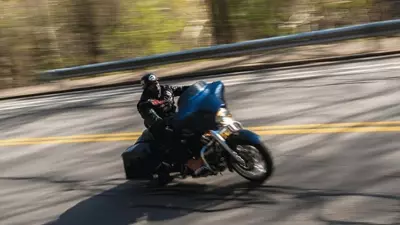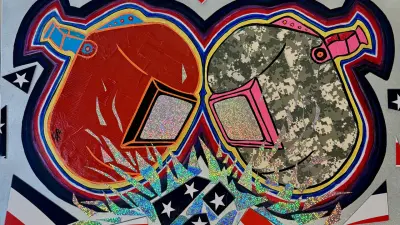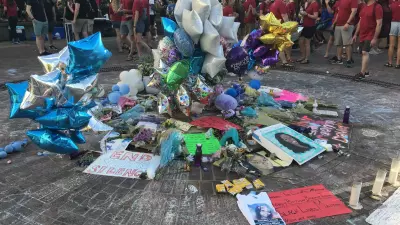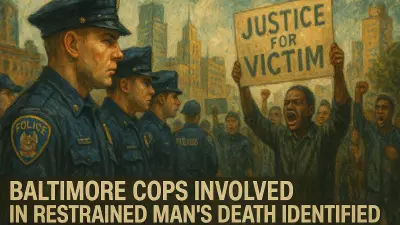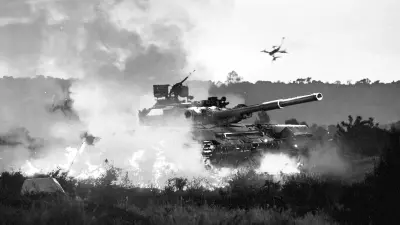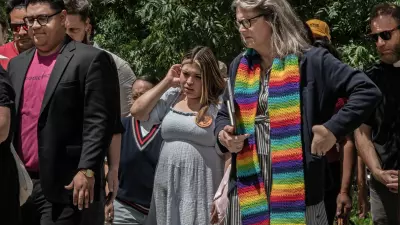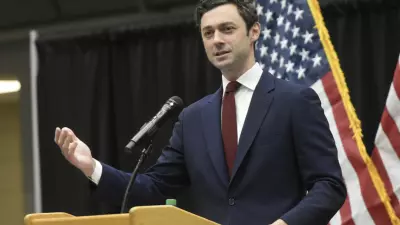The moment through which we are collectively living in the wake of yet another black man’s death at the hands of police touches every aspect of our lives, including riding.

Tough questions about race in America are even being asked in the motorcycling community.
It wasn’t until about a year ago that I first gave race and motorcycling serious consideration after spending time with the African-American motorcycle club Ronin.
They’re a cool group of riders who buck the fist-swinging, hard-drinking motorcycle club stereotypes by being a friendly and community-oriented club that boasts a diverse collection of members.
They may appear fierce to some while rolling down the highway in formation, but I found them to be delightful, easygoing and loads of fun.
Among those Ronin I got to know is Ron Johnson, 49, a lieutenant in the Pittsburgh Bureau of Fire. Other Ronin members are educators, IT professionals, contractors, and a host of other occupations.
Not only was I glad to meet them because they’re fun, but also for the experience that got me thinking about something — which in hindsight seems glaringly obvious: motorcycling, on its surface, is woefully racially divided.
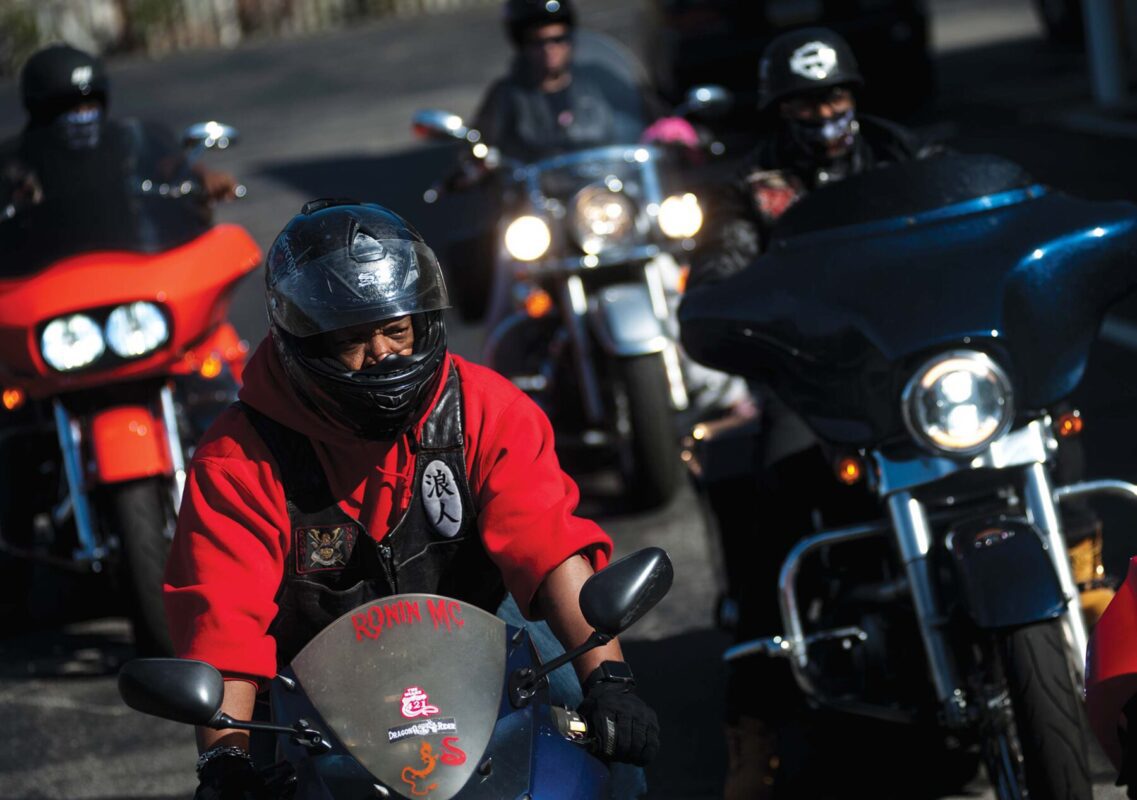
I recently called Johnson to see how he’s doing in the age of coronavirus and the recent unrest, both of which keep a dedicated public servant like himself busy and in harm’s way.
We also talked about his experience with race and riding. Johnson is quick to speak well of others and reluctant to say an ill word about anyone. But his insights were illuminating.
Q: Is the motorcycle community as racially divided as it seems?
A: When we (Ronin) first got together to start the club, we would go to bike nights (in the Pittsburgh area) and yeah, sometimes we’d get some funny looks. There’d be like 300 (predominantly white) people and ten to fifteen of us. Some of them would talk to us, but others would shy away. It also happened once or twice before I joined the MC at another bike night. You get the little stares. Some people will speak to you and some of them won’t. But we ride with black and white people, break bread together, have fun together.
A couple of years ago, I rode to Baltimore (from Pittsburgh) for the weekend. On the way back, my bike shut off and I’m on the side of the highway by myself in the middle of nowhere. A white guy pulls over and asks me what’s the problem. I tell him my bike just shut off. So he helped me take the seat off and we figured out that a terminal on the battery was loose. He helped me tighten it and got to talking. He told me how he rode about all over the world and we had a nice little conversation. I thanked him and he just asked me to make sure I do the same for someone else. We shook hands and hugged. It meant so much to me to have something like that happen. We were two different people, black and white, that had a common love of motorcycling. That’s it.
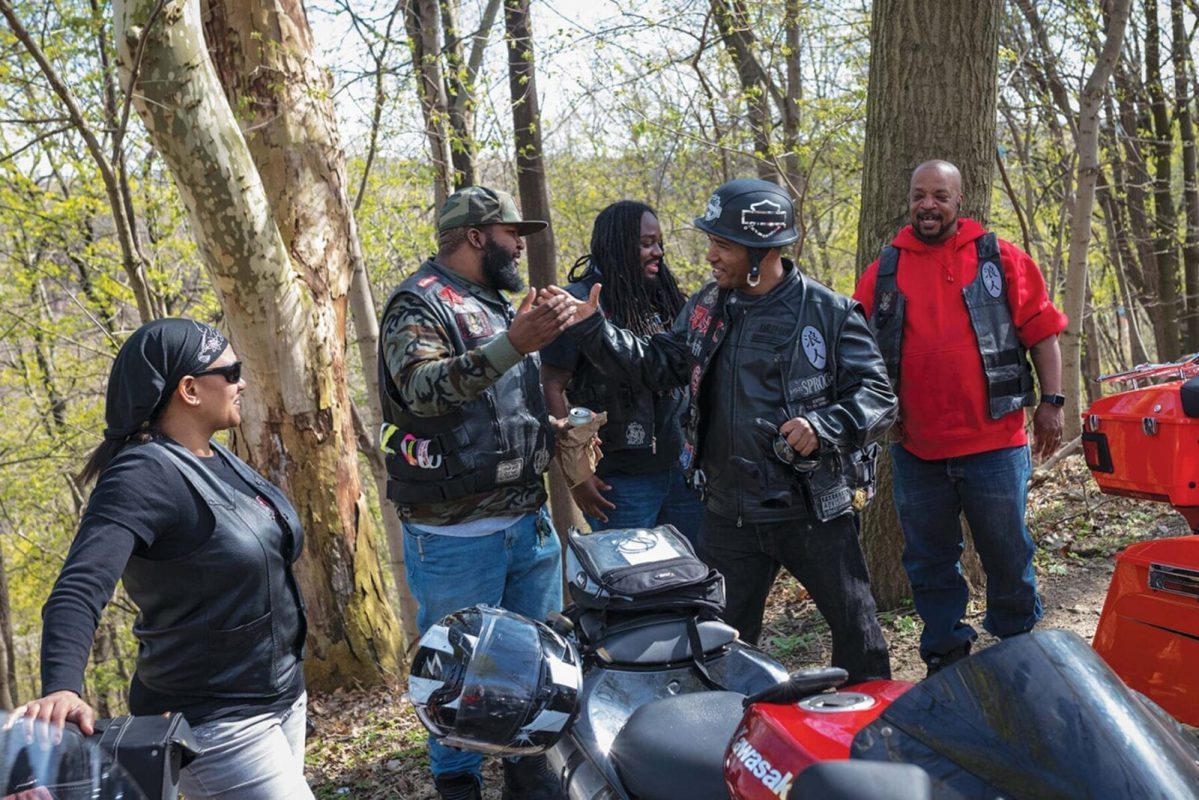
Q: Do you think the current moment we find ourselves also a “teachable moment” for the motorcycling community?
A: It’s definitely a teachable moment for motorcycling … it should open up a dialogue among different racial groups in motorcycling. The killing of unarmed black men is something we should all talk about.
Q: What can leaders in motorcycling, companies, and personalities, do to promote racial equality in the industry?
A: They need to let people know they stand for equality for all. We need to build a bridge between all the races (in motorcycling). And they can play a part in doing that.

